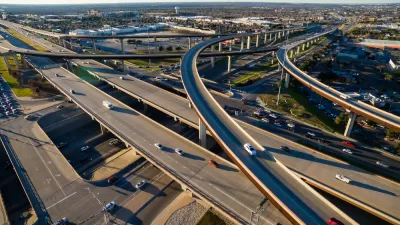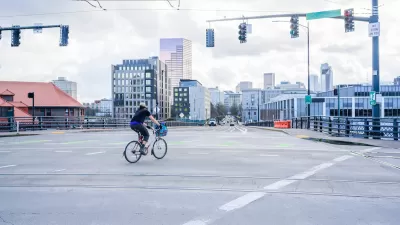Getting the City of Boston to pick up the tab for maintenance and repair of certain alleyways has proved frustrating for residents of the city's South End, due to high costs and restrictions associated with transferring ownership rights to the city.
The extensive system of alleyways that weaves through Boston's South End provides a perfect study of the contrasts between private and public ownership of shared space. While certain segments of the alleys have been transferred into the city government's hands by real estate transactions brokered many years ago, others have remained the responsibility of the property owners that own abutting land. The latter situation has proved to be extremely costly for the property owners, and has thus resulted in many alleys falling into a state of disrepair.
Many neighborhood residents who own properties that abut the hidden thoroughfares want the city to maintain and repair their alleys, expressing frustration that they have all the obligations and few of the privileges associated with private ownership of the space. An array of regulations and requirements have caused potential cost estimations to skyrocket, making city ownership of many alleys even less of a possibility in these lean economic times.
"Michael Lloyd, of the Concord Square Neighborhood Association, says residents pay for basic repairs in private alleys."
" 'There are no benefits, in my estimation,' Lloyd said. 'We'd have the city take over ours in a heartbeat, if not for the cost.' "
FULL STORY: On the surface, not all alleys are treated the same

Study: Maui’s Plan to Convert Vacation Rentals to Long-Term Housing Could Cause Nearly $1 Billion Economic Loss
The plan would reduce visitor accommodation by 25,% resulting in 1,900 jobs lost.

Alabama: Trump Terminates Settlements for Black Communities Harmed By Raw Sewage
Trump deemed the landmark civil rights agreement “illegal DEI and environmental justice policy.”

Why Should We Subsidize Public Transportation?
Many public transit agencies face financial stress due to rising costs, declining fare revenue, and declining subsidies. Transit advocates must provide a strong business case for increasing public transit funding.

Paris Bike Boom Leads to Steep Drop in Air Pollution
The French city’s air quality has improved dramatically in the past 20 years, coinciding with a growth in cycling.

Why Housing Costs More to Build in California Than in Texas
Hard costs like labor and materials combined with ‘soft’ costs such as permitting make building in the San Francisco Bay Area almost three times as costly as in Texas cities.

San Diego County Sees a Rise in Urban Coyotes
San Diego County experiences a rise in urban coyotes, as sightings become prevalent throughout its urban neighbourhoods and surrounding areas.
Urban Design for Planners 1: Software Tools
This six-course series explores essential urban design concepts using open source software and equips planners with the tools they need to participate fully in the urban design process.
Planning for Universal Design
Learn the tools for implementing Universal Design in planning regulations.
Smith Gee Studio
Alamo Area Metropolitan Planning Organization
City of Santa Clarita
Institute for Housing and Urban Development Studies (IHS)
City of Grandview
Harvard GSD Executive Education
Toledo-Lucas County Plan Commissions
Salt Lake City
NYU Wagner Graduate School of Public Service





























